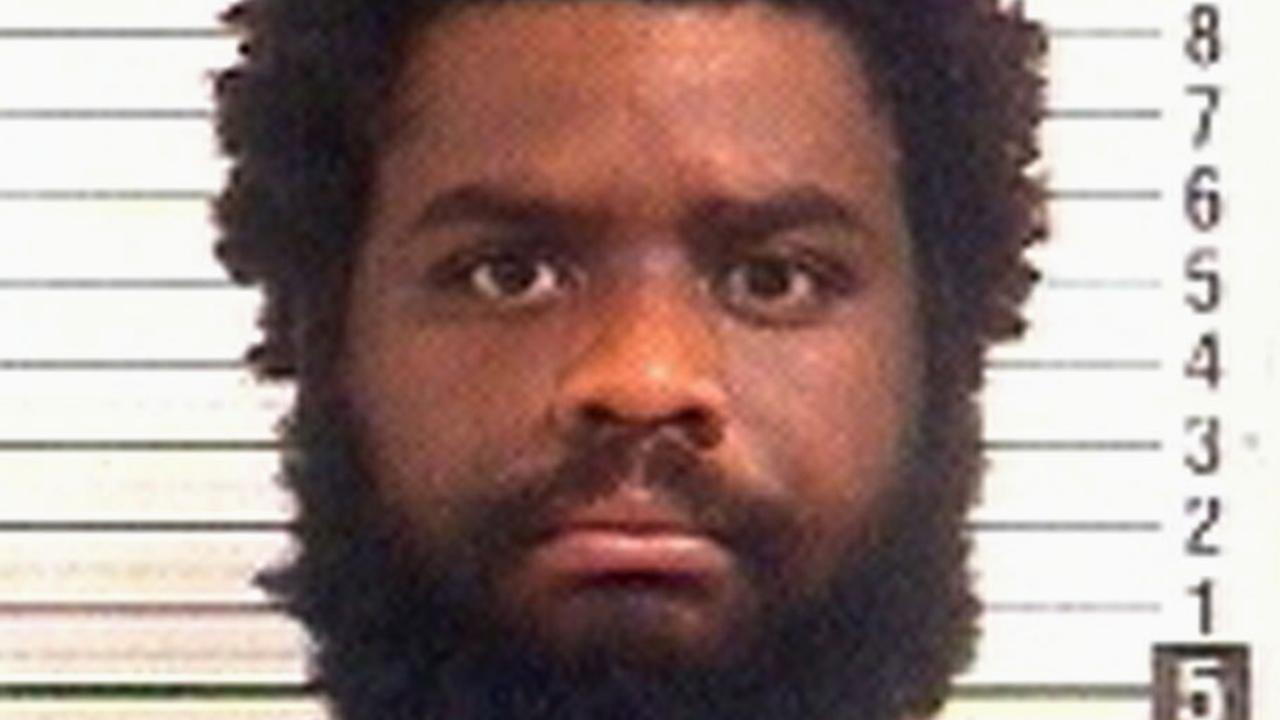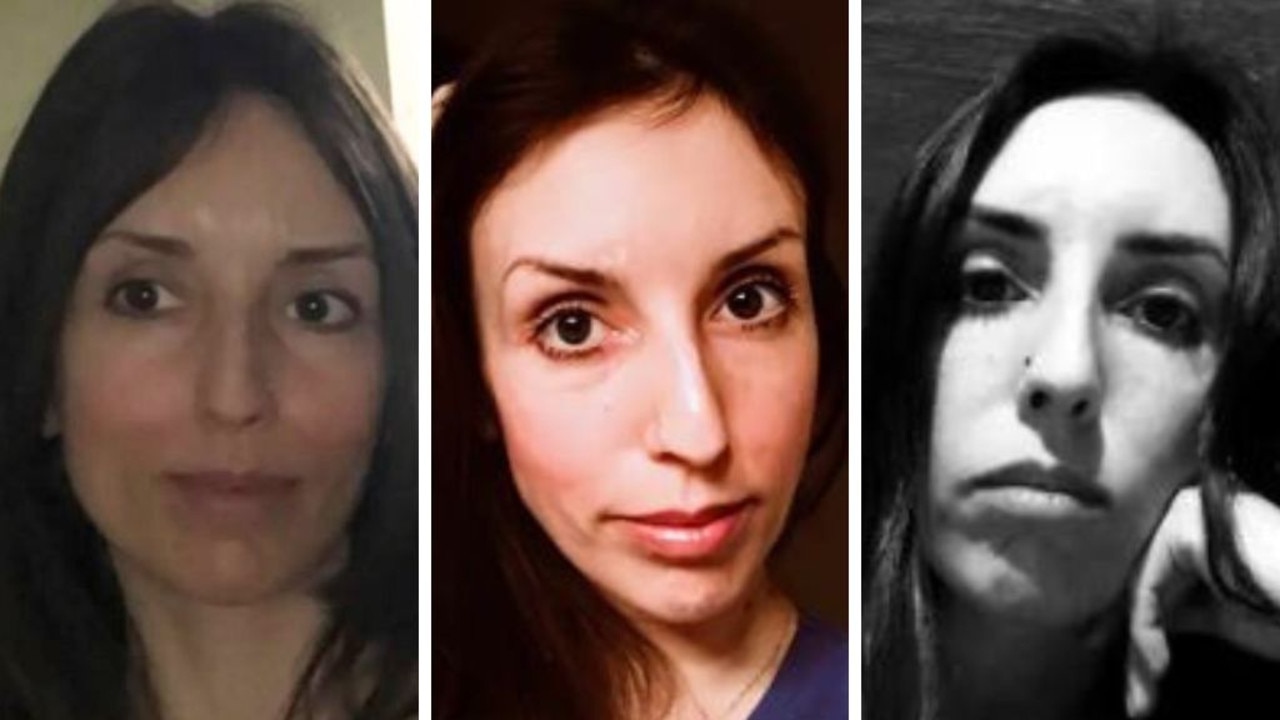‘A typical weekday’: Chilling detail among list of crimes being heard in an Aussie court
A list of criminal matters being heard by a court on a standard day masks a sickening reality that Australians can no longer ignore.
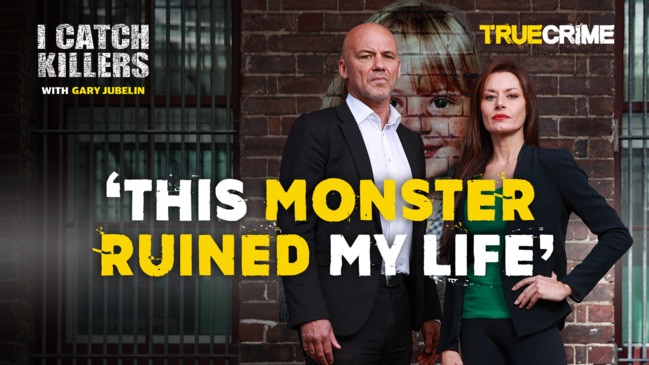
It was an unseasonably chilly start to the morning when Andrew Carpenter felt himself turn red-hot with rage.
As the Adelaide lawyer cast his eyes over the South Australia District Court list for January 25, he noticed a sickening trend.
Among the 51 matters to be heard that day, a staggering 16 related to the sexual abuse of children – 31 per cent of all cases.
“It’s not unusual,” Mr Carpenter told news.com.au. “The unfortunate fact is that this is a typical weekday in a South Australian court.”
Other jurisdictions don’t detail the charges being faced by defendants on their daily court lists, but anecdotally, advocates say it’s a similar situation in other states.
A large proportion of offences being heard relate to the sexual abuse of children – but they’re just the tip of the iceberg.
“The Victorian Law Reform Institute last year publishing findings to show that for every 1000 reports of child sexual abuse, only six end up with a conviction – and three of those are overturned on appeal,” Mr Carpenter said.
“So, those that end up in court, that’s a tiny fraction of the offences being committed – and they’re just the ones being reported to police. Many aren’t.”
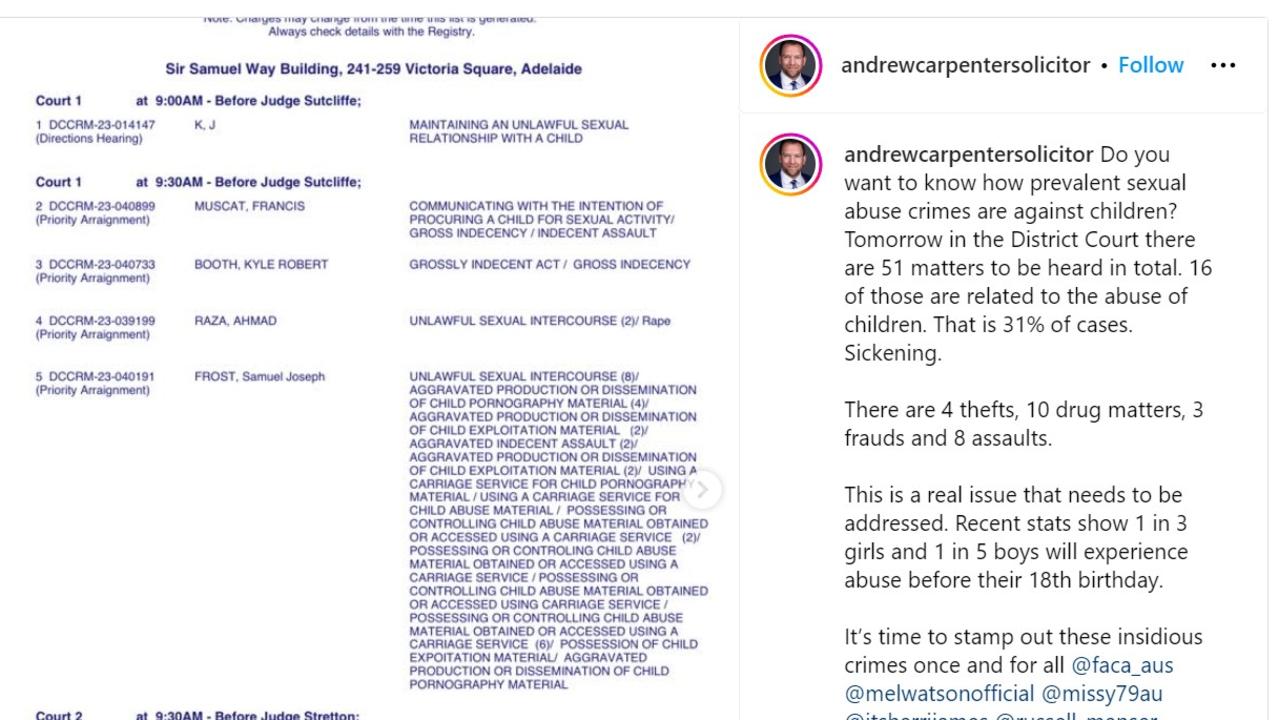
The Royal Commission into Institutional Responses to Child Sexual Abuse in 2018 found that survivors take on average 24 years to tell someone what happened to them.
Those who do make a formal complaint to police are unlikely to receive judicial closure, given how hard historic crimes are to investigate and prosecute.
“With that in mind, just think about that 31 per cent of cases in court on a single day and you get a picture of just how prevalent this is,” Mr Carpenter said.
And of those matters that do go to court, many aren’t heard about because they involve a family member and there are strict rules on reporting this.
“About 90 per cent of child sexual abuse is committed by someone known to the victim, so the idea of ‘stranger danger’ is a bit of a furphy,” he said.
The Australian Child Maltreatment Study, the first nationally representative research into child maltreatment rates, found 28.5 per cent of people across the country have experienced child sexual abuse.
One-in-three girls and one-in-five boys will be sexually abused as children, numbers suggest.
In 2021, there were a total of 15,242 victims of sexual abuse or assault, aged under 18, according to analysis of crime data by the Australian Bureau of Statistics.
“Take an average classroom of 30 kids and statically speaking, eight of them will be victims of sexual abuse,” Mr Carpenter said.
“That’s a shocking number but this is a topic that’s quite taboo [and] people don’t want to talk about it. But the reality is, our kids are more at risk now than ever.”
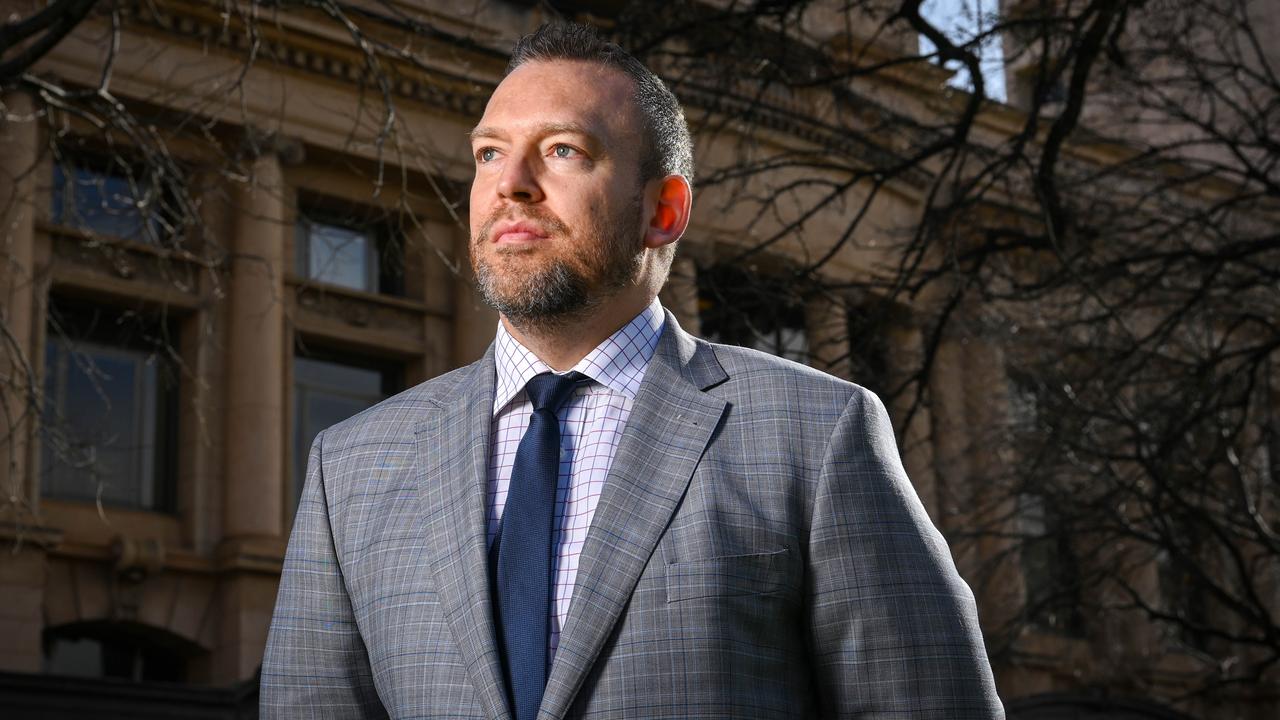
The Royal Commission’s final report in 2018 described the thousands and thousands of victim-survivors it heard from as part of a “national tragedy”.
Despite the light shone on the issue, instances of reported abuse have been on the rise over the past several years.
“It’s something that we all need to be aware of and try to be part of the change to actually speak out and ensure that our children are protected,” Mr Carpenter said.
Prosecution is clearly not enough of a deterrent for abusers, so advocates are fighting to up the ante in a bid to protect children.
As well as representing survivors of child sexual abuse, Mr Carpenter is an advocate for major legal reform – specifically, closing a loophole that allows offenders to hide their money in superannuation, so it’s protected from any claims.
“When ASIC [Australian Securities and Investments Commission] didn’t have much luck convicting white-collar criminals for breaching the Corporations Act, because they’d get suspended sentences, they introduced a $250,000 fine.
“That has been effective in making people stop and think before they breach their directors’ duties. Likewise with speeding – you don’t see everyone speeding around in their cars because they don’t want to cop a huge fine or have their cars crushed for repeat offences.
“I think we should do something similar with child sexual abuse. The government is more focused on trying to do things after the fact but we need to make major changes and try to do things to actually stop it from happening because these stats are going through the roof.”
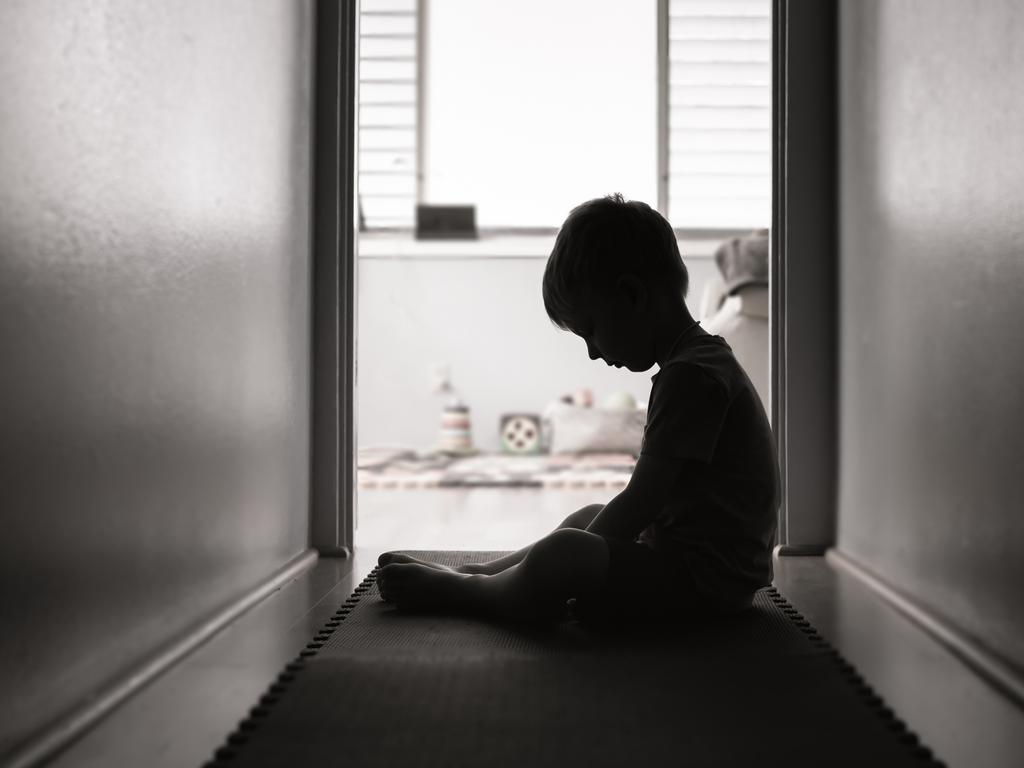
Mr Carpenter is waging a campaign to change legislation to allow super accounts to be up for grabs in civil matters.
“Statistically speaking, people who commit these sorts of heinous crimes are in their mid-50s, they’re cashed up, they have good jobs... so there are assets there,” he said.
“If you’re an offender and you’re sued for compensation, your superannuation should be up for grabs. Money allows victims to get the best treatment possible and to begin rebuilding their lives.”
It’s an effort supported by former Australian of the Year and survivor advocate Grace Tame.
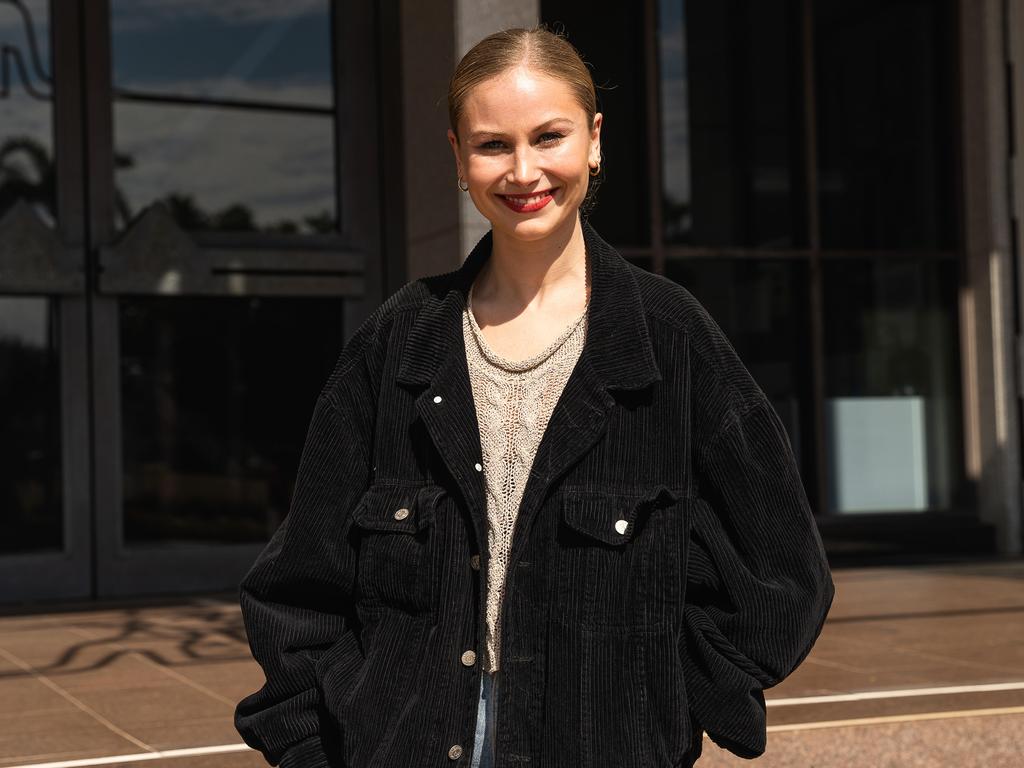
“What happens to you in childhood sets the stage for the rest of your life,” Ms Tame said.
“We know that child sexual abuse is most likely to occur between the ages of three and eight, and that experience creates an indelible imprint on your psyche.”
Ms Tame described the loophole letting predators hide their money from their victims as “shameful”.


